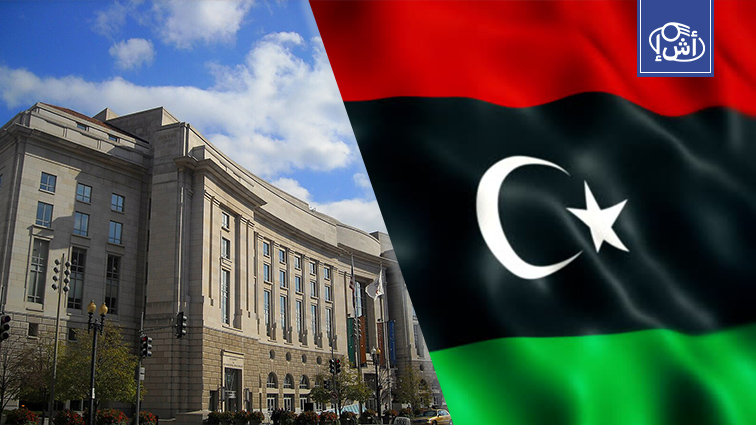The resignation of former UN envoy Abdallah Bathili, who was working to settle the Libyan crisis, prompted the US think tank to call for a radical reassessment of the international approach to the situation in Libya.
This comes more than a decade after international efforts to reach a lasting solution to the Libyan crisis faltered.
The Wilson Institute, which specializes in political, economic and development studies, warned in a report that the current approach taken by the United Nations continues, noting that different results are unlikely to be achieved anytime soon.
The report notes that a more pragmatic approach is needed to organize and materialize the elections, disarmament, and reintegration project, but this approach may face objection from local and international parties who see it as interference in sovereign affairs.
Bathili’s resignation signals a stagnant crisis in Libya, where Libyan political leaders seem more concerned about their own interests than the country’s.
The report predicted that international competition for Libya will worsen and turn into a factor hindering the efforts of the United Nations to achieve a political settlement there, noting the importance of coordinating international efforts and focusing on solutions that enhance stability and peace in the country.
The report pointed out that many foreign parties seek to benefit from Libya’s resources, whether it is in the field of oil and gas or exploiting its strategic location as a gateway to the African continent.
This international competition over Libya further complicates the situation there and impedes international efforts to reach a comprehensive and sustainable settlement.
Libya aims to increase oil production to two million barrels per day by the end of 2025
